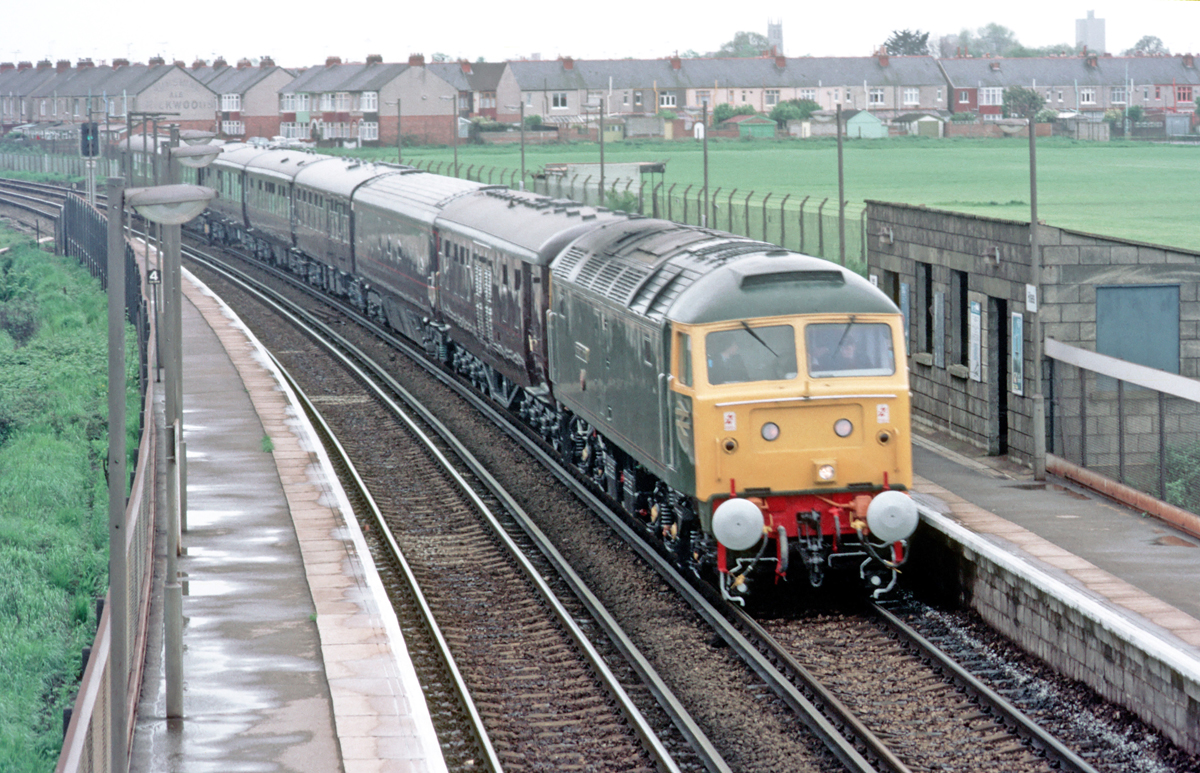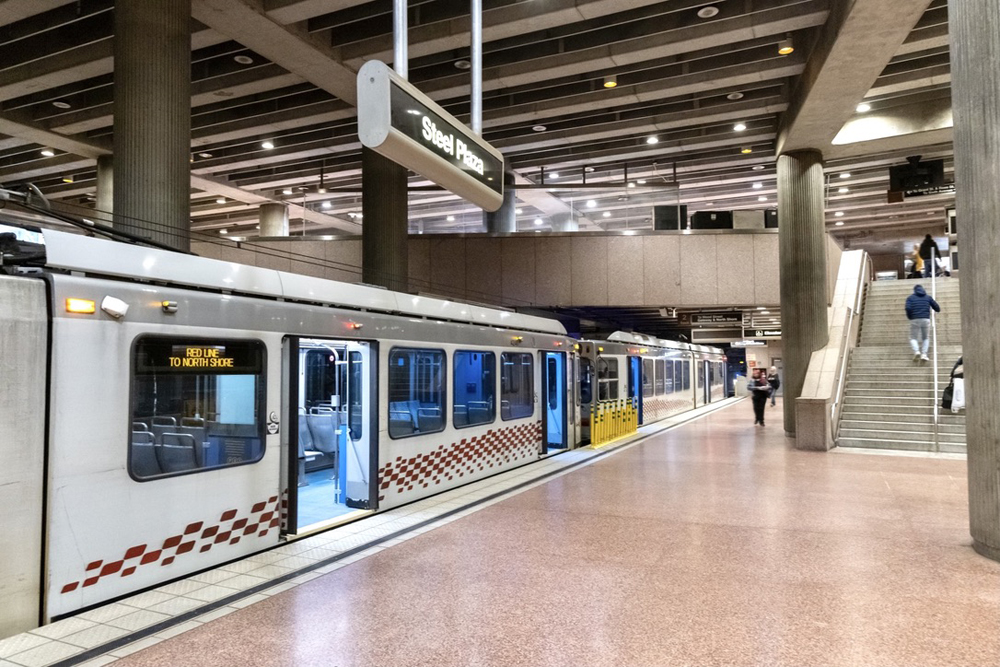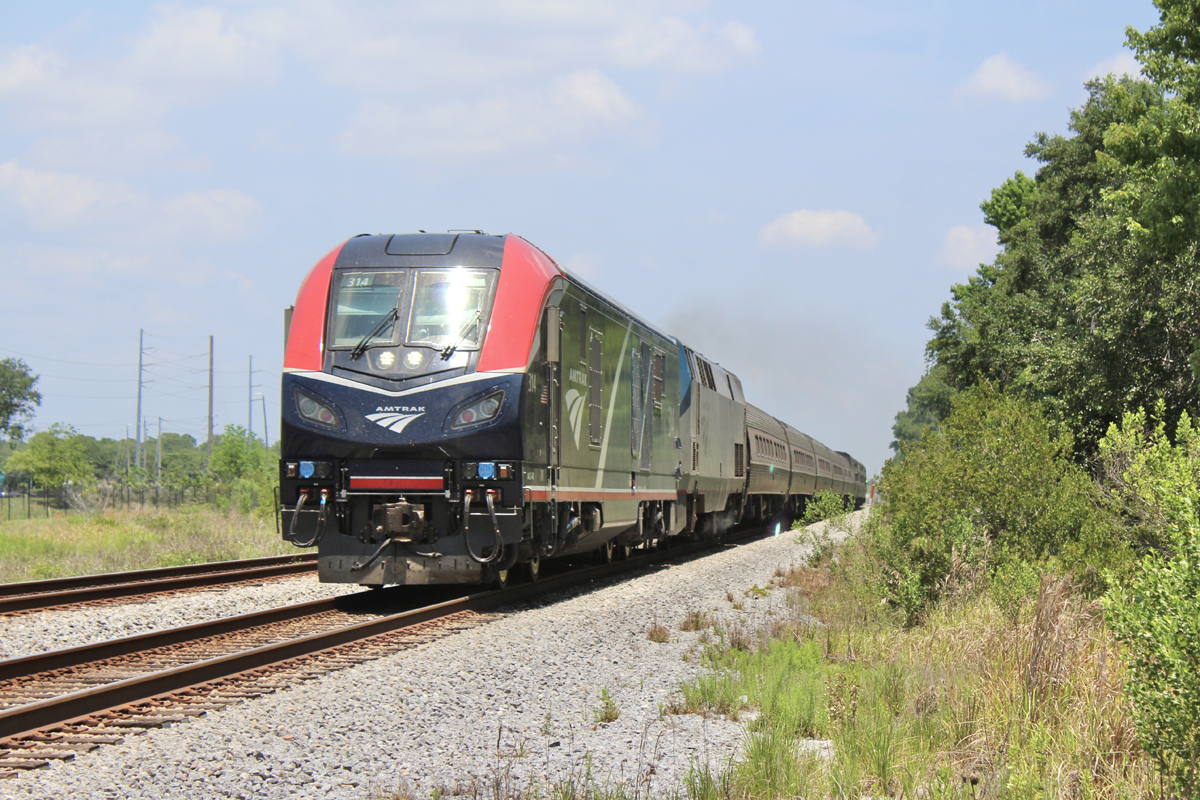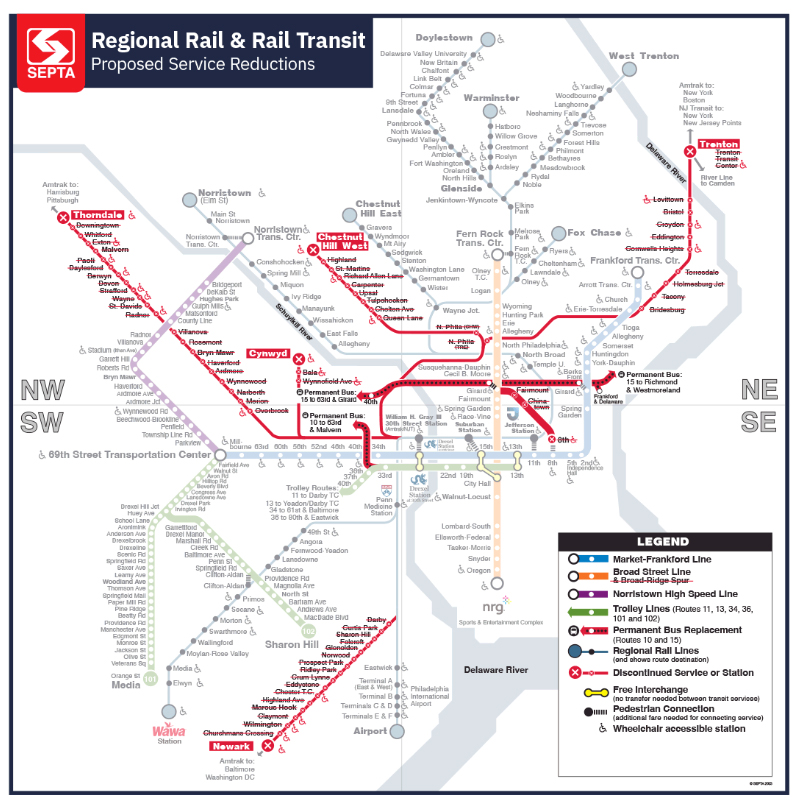NEWARK — Harsh realities have overtaken New Jersey Gov. Phil Murphy’s second year at the helm of the nation’s most densely populated state, at least as far as the NJ Transit budget is concerned.
The website NJspotlight.com reports that the practice of using capital funds to help pay for daily operations — a practice of former Gov. Chris Christie that Murphy criticized — will continue in the 2020 fiscal year starting July 1.
Murphy’s 2020 budget includes a net $25 million increase in NJ Transit operations funding, an amount that would not meet his goal of “fixing” the agency. The agency utilizes separate operating and capital budgets, and shifting capital funds to pay for operating expenses — while questionable because of the need for capital investments — is allowed in certain circumstances. NJ Transit spokeswoman Nancy Snyder indicated that the re-budgeted capital funds can only be used to cover maintenance expenses such as locomotive overhauls and work that extends the life of long-term assets. Capital transfers are expected to total $460 million in the 2020 fiscal year, the same amount that was transferred under Christie in 2017. The total for operations in Murphy’s budget is $407.5 million.
Funding NJ Transit remains a major challenge. As a 2017 gubernatorial candidate, Murphy said there should be a new and dedicated source of revenue to return the agency to firm footing, but so far there has been no action on this front. Meanwhile, during a budget hearing, Janna Chernetz, deputy director of the Tri-State Transportation Campaign, warned legislators that a $138 million shortfall for the transit agency looms in fiscal 2021.
New Jersey Senate President Steve Sweeney and Senate Majority Leader Loretta Weinberg have suggested NJ Transit should get more funding from the state; Sweeney would like to add another $100 million each year to insure a world-class operation. But such new funding is problematic with the state’s massive debt, an underfunded public-employee pension system and work on tough political issues.
The 2020 budget is due on June 30. The state senate budget committee has scheduled hearings about NJ Transit near that date at the tail end of its budget discussions.















Andrew may not be old enough to remember the traffic paralysis that results when transit is unavailable, like during a major strike. So he probably doesn’t project the “every day” component of having good public transit available where it’s needed, similar to having the cops catch a criminal somewhere other than in front of his house.
Wait until congestion pricing catches on, which will affect every driver in a place like NYC. Suddenly transit will begin to look more attractive.
The problem with not raising fares is that people who never use the service end up paying for it anyway through increased taxes. We need to move away from collectivism and towards user fees being the main revenue source. And before someone screams “But the police!” etc., the police help me every day. Every time they catch a criminal, they keep me safe.
The problem with raising fares is it drives passengers away. All too frequently authorities raise fares to cover expenses and it reduces passengers and the fare increase ends up only covering the lost revenue from the reduction of passengers.
The New York metropolitan area is an area that needs rail as part of its transport network. It has the density of people that can not be served by a road and/or bus network only. The roads are publicly funded, non highway transportation also needs funding from general revenues.
“Murphy said there should be a new and dedicated source of revenue to return the agency to firm footing, but so far there has been no action on this front.” What about raising fares to a level that more closely matches the costs?
Andrew, the rail service benefits you in you drive in New Jersey. Without the rail system there will be much worse traffic congestion.
“Capital transfers are expected to total $460 million in the 2020 fiscal year, the same amount that was transferred under Christie in 2017. The total for operations in Murphy’s budget is $407.5 million. ” Does this mean that the total cost for operations will actually be $460 million + $407.5 million = $867.5 million?